It is important to be surrounded by differing opinions while developing your own viewpoints. Religiously, politically, or morally differing opinions help clarify all the sides to arguments and fully educate people. Religion classes at BSM, by shutting out access to any contrary opinions, hinder students from developing their individual consciences.
Religion classes interfere with the development of student’s opinions by shutting out discussion of counter-Catholic opinions in class. In doing this, students are deprived of the constructive debate that is imperative to developing educated opinions. Students cannot just be expected to go along with Catholic doctrine without reasoning and logic.
While it may be true that the objective and right of a Catholic school is to teach the Catechism, BSM also needs to focus on giving students’ access to a variety of opinions so as to find what they truly believe. When students enter religion classes as freshmen, they know they are going to be taught the basis of Catholic faith and teachings, but BSM goes beyond this original purpose by avoiding the counter opinions and impeding students’ exploration of their faith through asking questions and challenging themselves within their beliefs no matter whether they believe Catholic doctrine or not.
The discourse of gay marriage and abortion are two relevant examples. The Catholic curriculum can and will tell students the Church’s belief on these two topics, but it is important that the topics are discussed on both sides so that students can reason logically through the situation and develop their own stance. It’s unrealistic for BSM to think that only highlighting the Catholic opinion of birth control and gay marriage is enough to educate students to understand these issues fully or even that devout Catholics will agree with the Church hierarchy on every issue.
It is beneficial to discuss these counter-Catholic opinions in class, because if they are not analyzed, how will students know that they are truly Catholic and truly agree with the stipulations of the Church? By discovering all arguments, Catholic or not, students will become enlightened and develop a full and accurate outlook in life, both morally and politically. It is important that the sculpting of enlightened peoples is done through not only education of the Catholic view but all views so as to help them form a full conscience.
Morality class, offered junior year, plays a big role in educating students about Catholic doctrine. While this discussion-based class allows students to debate different sides about moral issues, it unfortunately comes too late in the curriculum. Teachers stop discussion if it gets too far away from the safe zone of Catholic teaching, and these older students have already been indoctrinated for so long that they employ their preconceived and biased notions instead of using the class as an opportunity to search for their own religious truth. Opening the morality discussions to younger students or integrating them into the entire curriculum would be more beneficial to help students see how Catholicism fits into the entire world around them.
When teachers attempt to indoctrinate this opinion without addressing the opposite views they are being counter-progressive. In fact, this teaching style goes directly against the Catechism’s teaching of the formation of conscience that states: “Conscience must be informed and moral judgment enlightened.” By restricting students from creating this informed conscience, BSM is contradicting one of the Church’s primary teachings. Students need to reason for themselves and take into account moral teachings taught in class in order to create the true conscience that the Catechism encourages, whether this follows Catholic teaching or not.
Even while continuing as a Catholic school promoting Catholic teachings, BSM religion classes can allow other opinions to join the discussion of Catholic faith. Whether this include discussion of other faiths’ beliefs or allowing students to do research projects on the differing opinions on birth control or euthanasia, an openness to non-Catholic hierarchy opinions will only highlight BSM’s focus on developing an educated Catholic conscience rather than one only taught to submit to authority on all religious and moral matters. We need to realize that opening up the conversation and presenting facts on both sides is not a threat to Catholic education but instead a benefit.




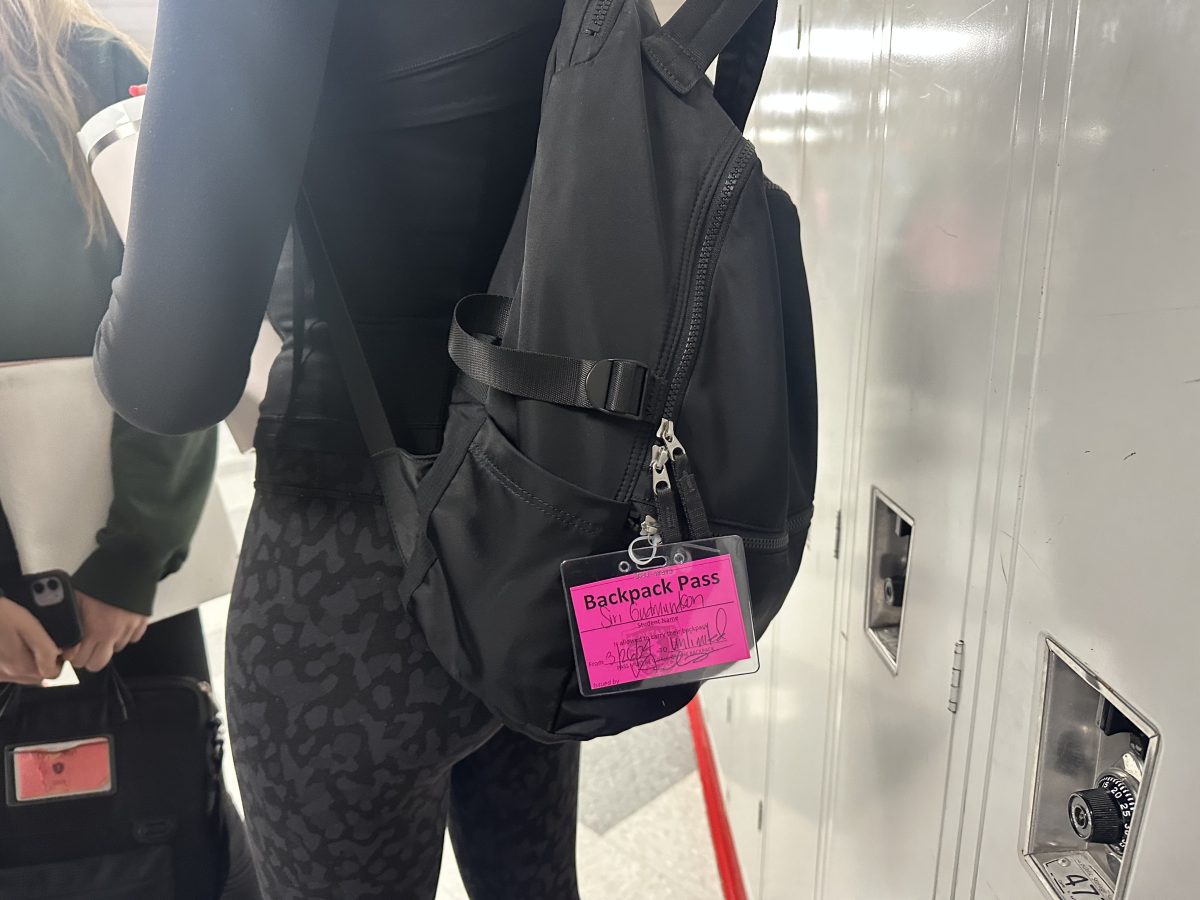
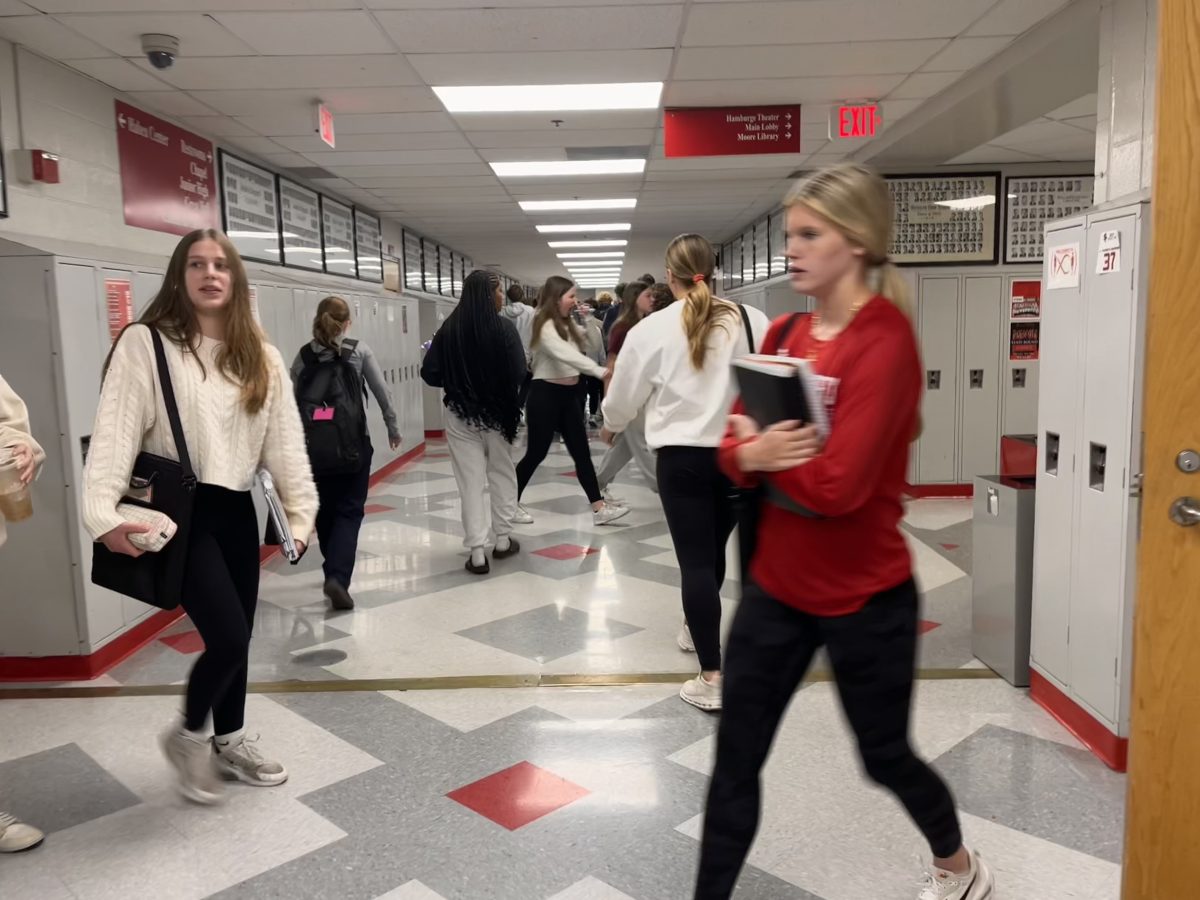
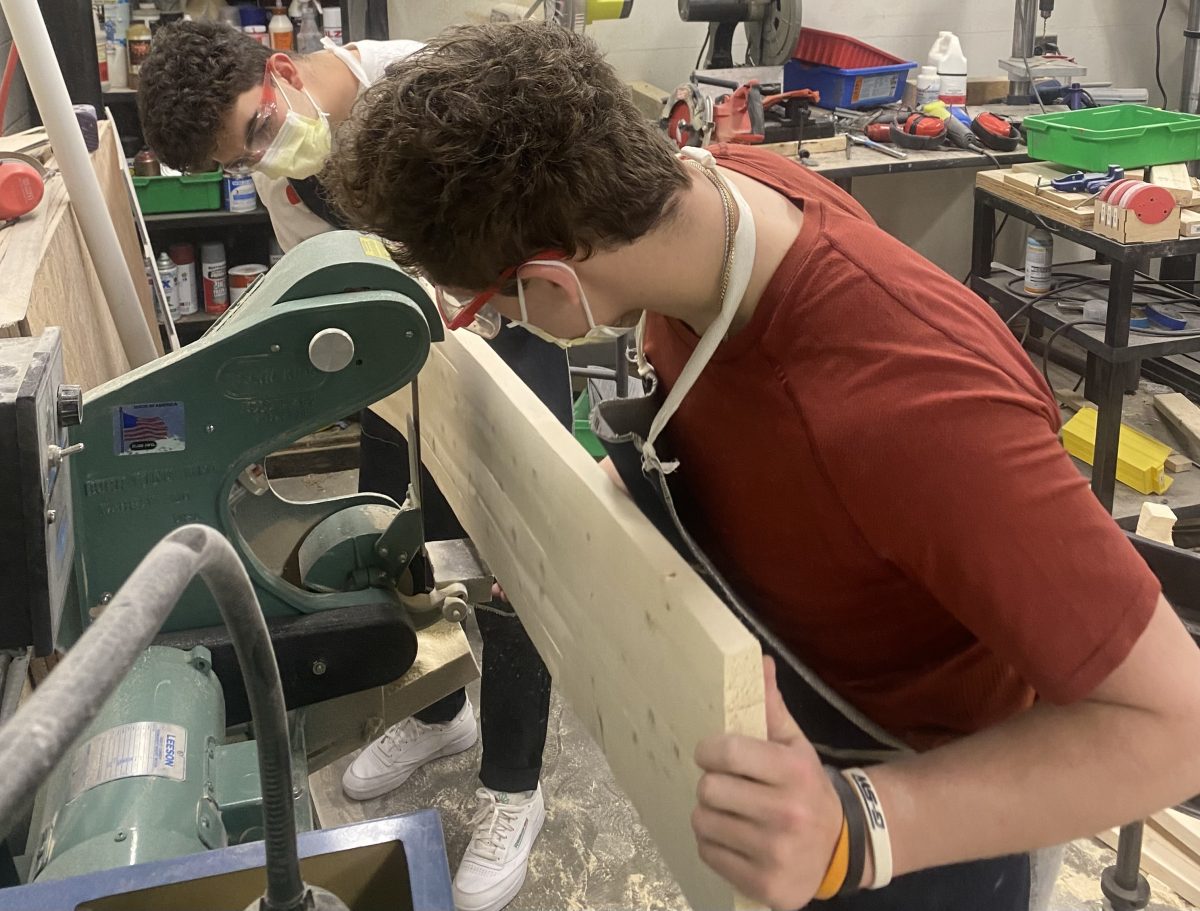
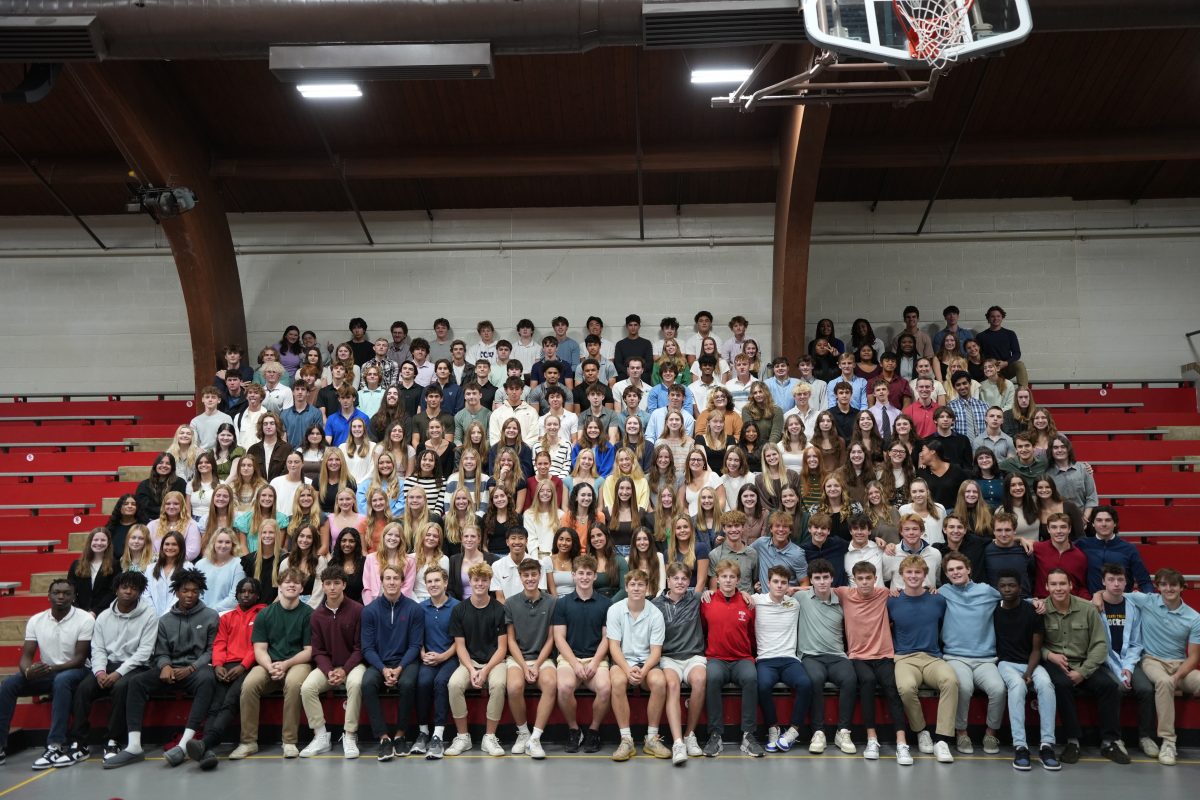

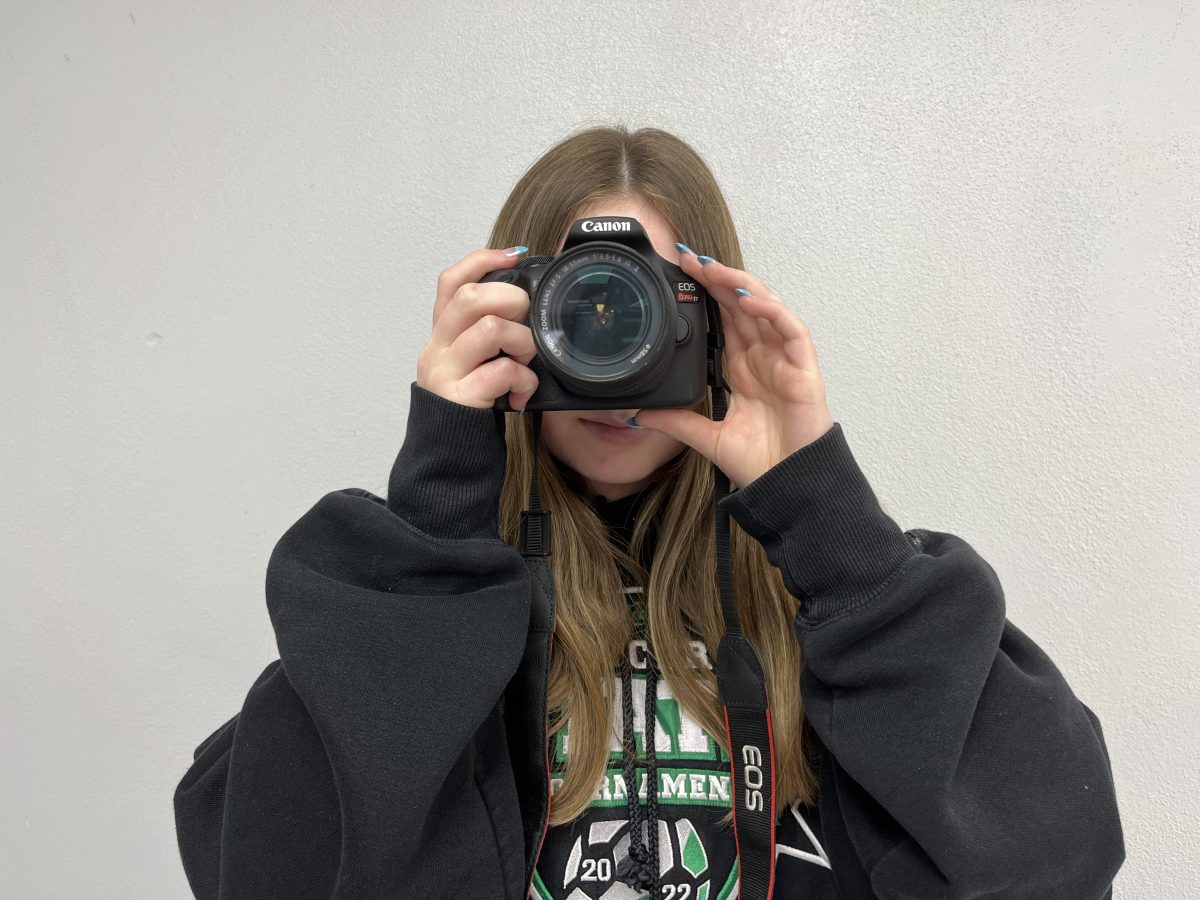


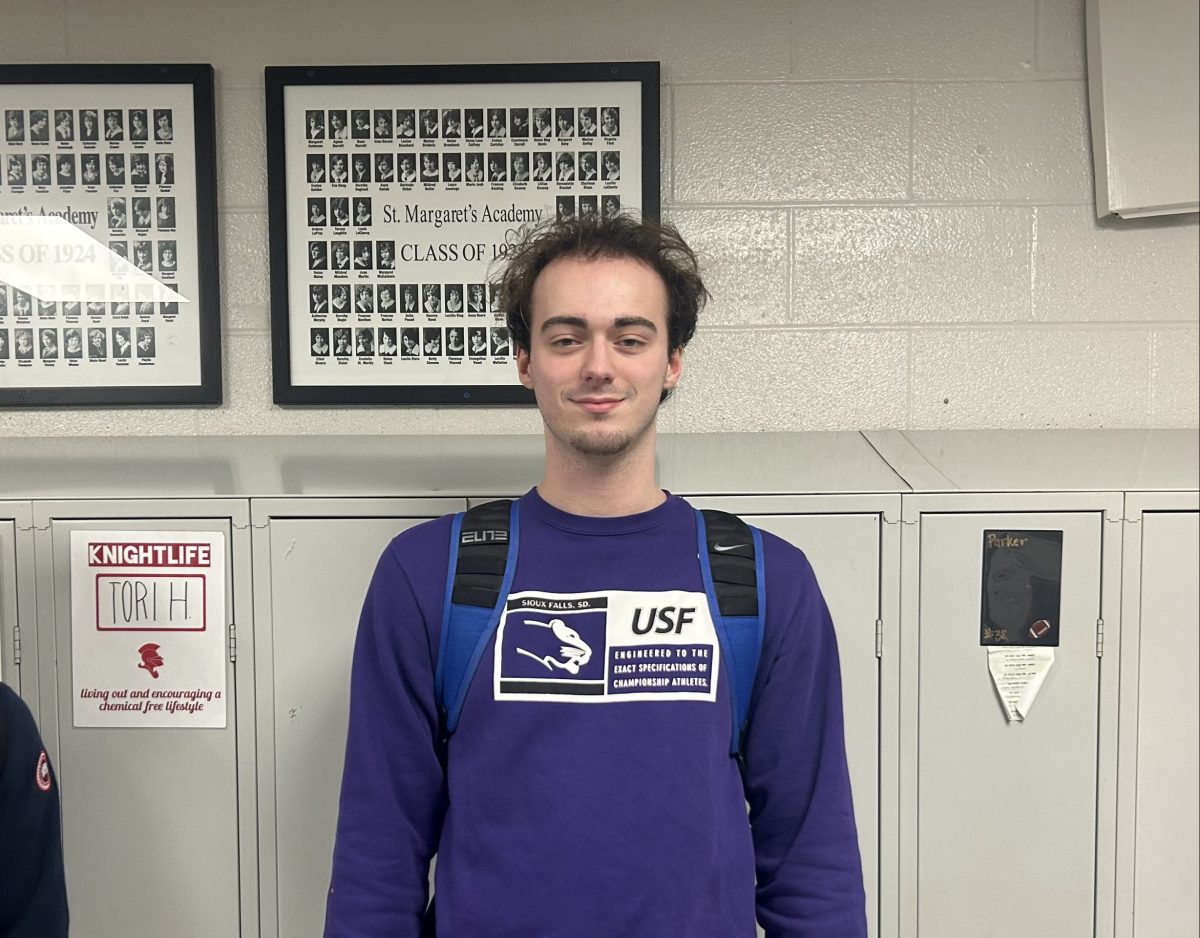








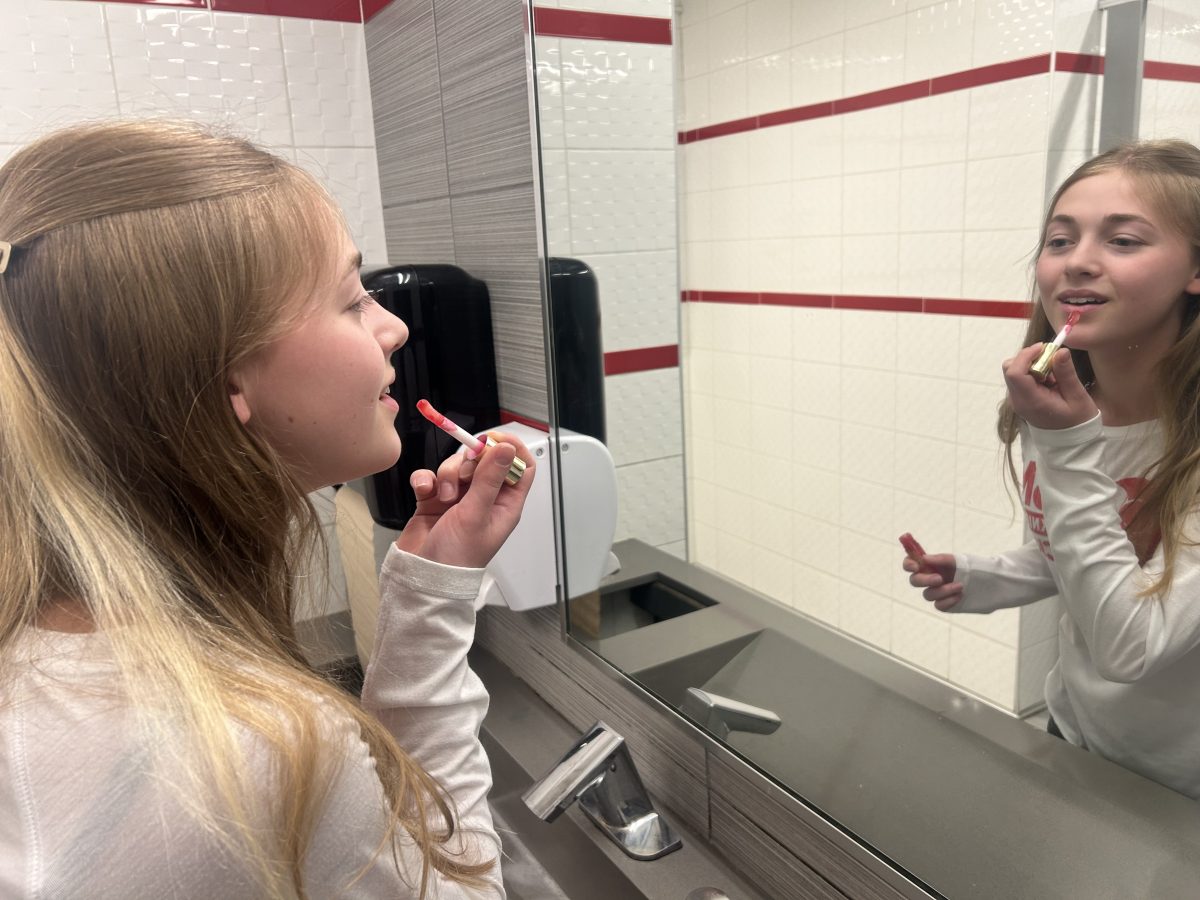

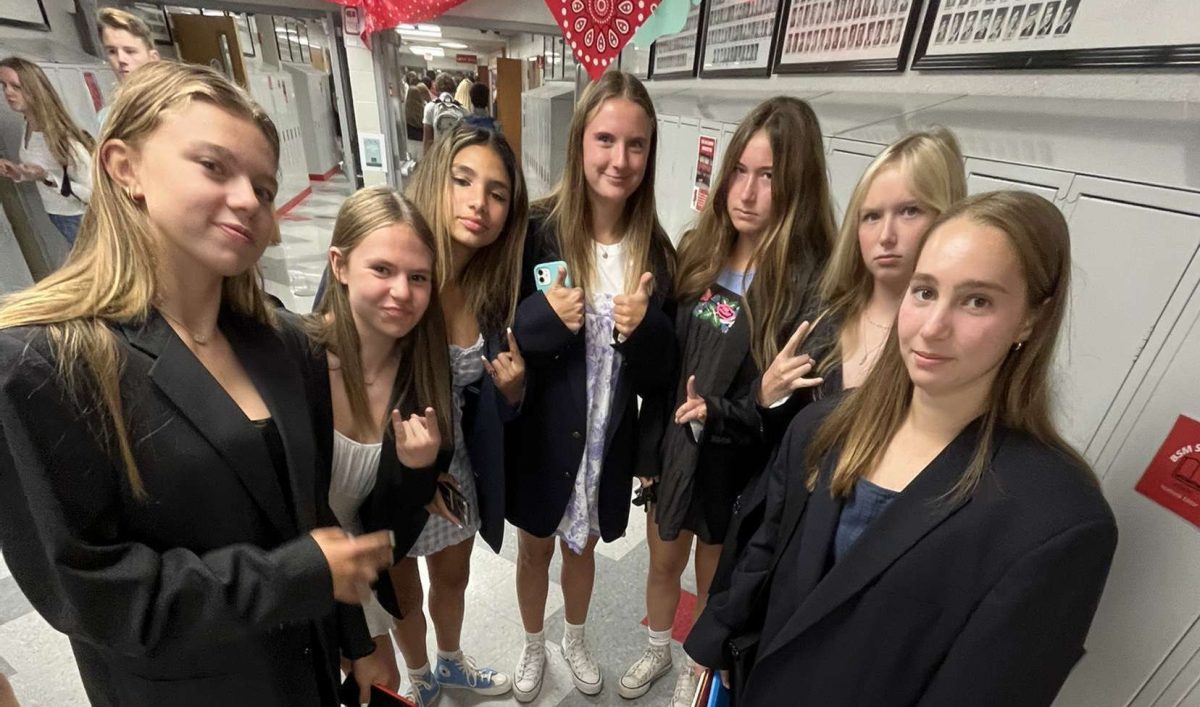


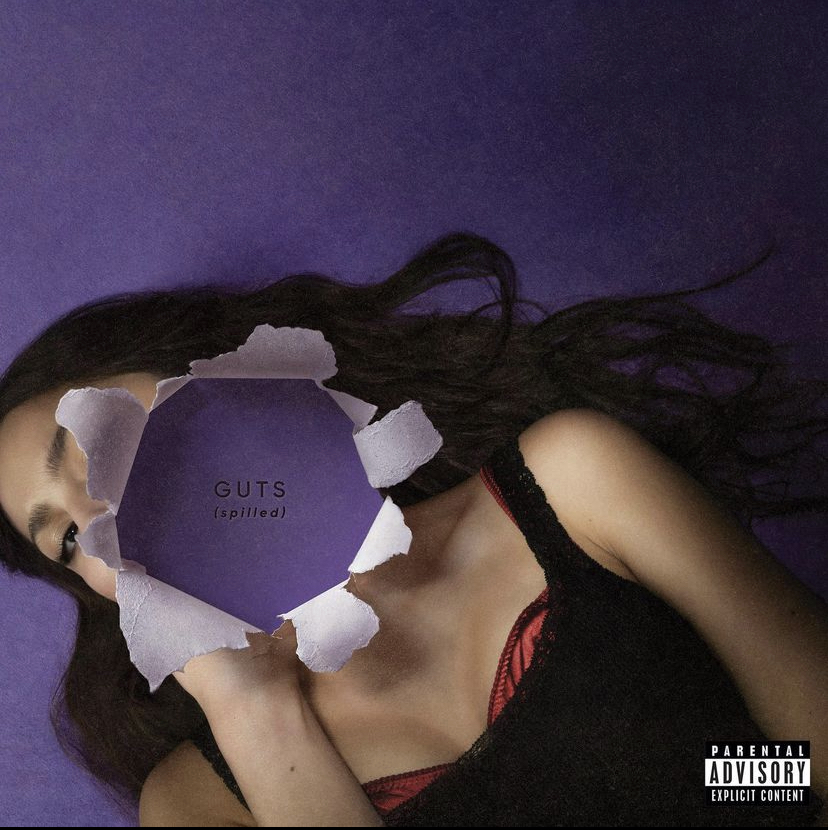










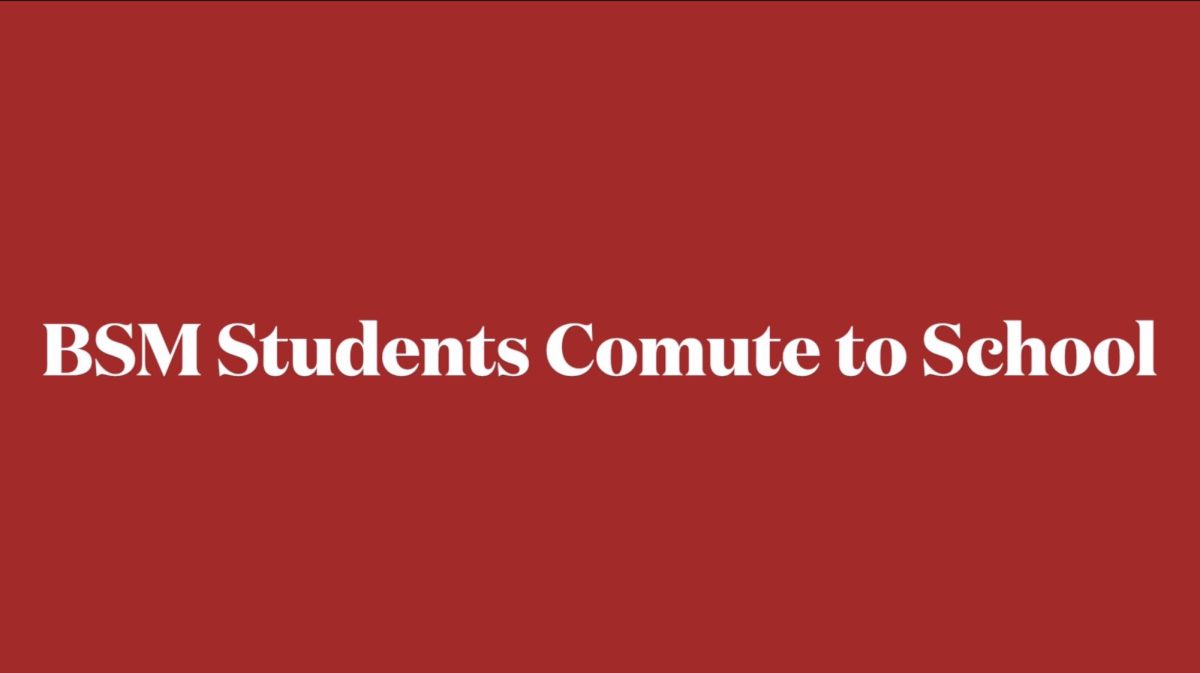






Jack Youngblut • Feb 20, 2013 at 11:33 pm
As someone who has experienced the sort of classroom dynamics that Michelle and Molly outlined, I think that their analysis was very accurate. Whenever only one side of an issue is presented in order to advance a belief, however valid that belief may be, it discourages commutative discussions of alternative solutions that may be as valid as that which is presented. While it may be idealistic to hope for a high school experience that embodies this ideal, I think that it is still important to acknowledge that the presentation of multiple viewpoints is helpful in developing a student’s own personal belief system that will be beneficial to the individual and to our community as a whole.
Mick Hawkins • Feb 20, 2013 at 8:23 pm
Very, very interesting article and very perceptive, Michelle and Molly.
At the same time, remember that none of these topics
are allowed to be discussed in any local public schools.
I remember a very wise individual’s take on this topic:
“If you work for the American Cancer Society, you are
expected not to smoke.”
Perhaps you guys are expecting too much from your high
school experience. I’d guess that college may present
other options and opportunities for you.
M. Hawkins